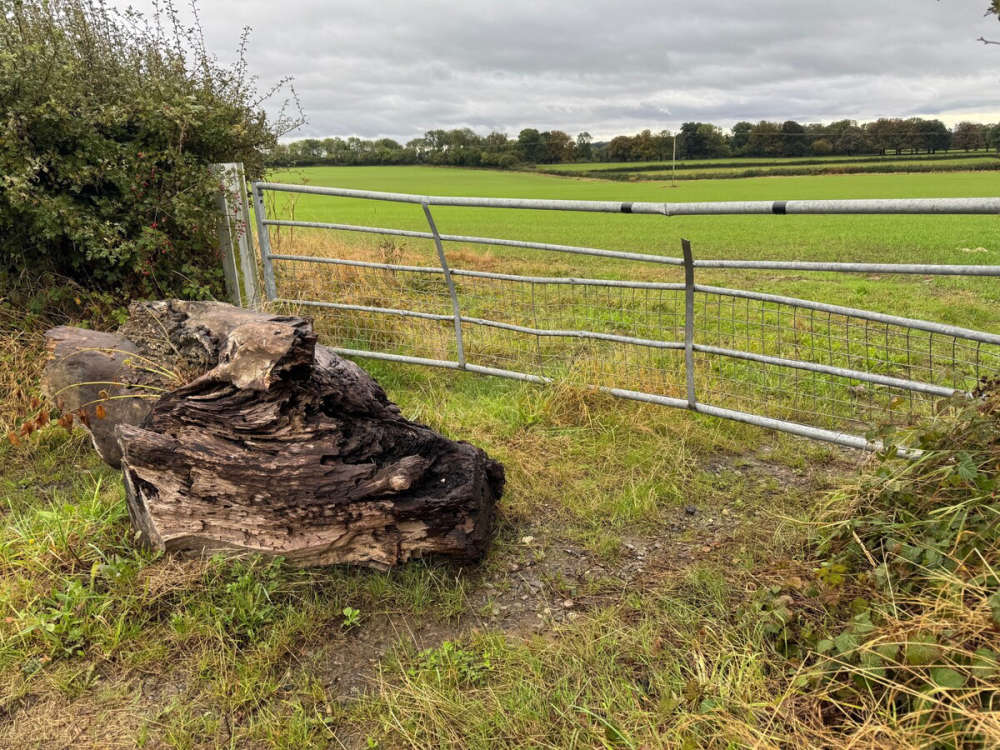
Farming unions are calling for more police action to tackle an increase in violent hare coursing incidents in the Vale.
NFU Cymru says some local farmers are feeling unsafe in their own homes after being threatened with violence, shooting and arson by trespassers, when asking them to leave their property.
The union says it represents a "compelling case" for South Wales Police to set up a dedicated rural crime team.
One farmer, speaking anonymously, said: "I feel very fearful and vulnerable. It’s not just me, it’s our children, our pets and our livestock. There’s such a big element of our farms that can be harmed.”
Police have told Bro Radio News they have been running an operation tackling hare coursing in the rural Vale since July.
Hare coursing involves the illegal pursuit of hares by dogs on flat, open farmland - in many cases, the chases are filmed with money being staked on which dog will catch the animal first.
The number of incidents reported in the Vale of Glamorgan has risen significantly in the past 12 months - although the NFU argues those figures do not accurately reflect the true scale of the problem.
The situation is also being compounded by the early harvest this autumn, which has led to hare courses arriving earlier than normal.
The NFU has called on Emma Wools, the region's police and crime commissioner, to provide reassurance and urgent support for farmers affected.
Recently, officials also held two meetings with South Wales Police in just one week, where members relayed their experiences of being targeted by hare coursers.
Abi Reader, deputy president of NFU Cymru, said: "It is not uncommon for farmers in the Vale of Glamorgan to experience damage to crops, damaged fences and gateways caused by hare coursing on their land."
"However, in the last few months what we have noticed is that those coming onto our farms are becoming more brazen, confrontational and aggressive."
"They will not leave when challenged and, moreover, will threaten anyone trying to interrupt their activities. It is the first time I can remember so many incidents of farmers being subjected to such a high level of intimidation and violence simply for confronting people conducting illegal activity on private land."
Listen to Abi Reader talking to Bro Radio News reporter Gareth Joy on illegal hare coursing
Currently, South Wales is the only Welsh police force without a dedicated rural crime unit, although the Welsh Government does employ a national wildlife and rural crime co-ordinator.
The NFU says it's been seeking additional guidance from Rob Taylor, who set up the UK's first rural crime unit in North Wales in 2013, as well as working alongside local police officers.
But Abi Reader says it's become clear from its recent meetings that South Wales Police "isn’t equipped to tackle the volume and severity of the issues our members are experiencing, alongside their day-to-day policing duties".
She added: "These officers should be trained and equipped to tackle the nuanced challenges facing our farmers and those living in isolated rural communities."
"It should not be the case that our members do not have access to the level of service, timely response and reassurance they should be able to expect, simply because of where their farms are located."
The former Welsh Conservative leader said: “When you drive around the Vale of Glamorgan these days, you’ll see many gates onto fields are blocked with bollards and other bits of kit."
"This is to keep out hare coursers, who trespass on property here in the Vale, and who all too often threaten and intimidate farmers who try to ask them to leave their land."
A spokesperson for South Wales Police told Bro Radio News that "it was committed to keeping the public and those working in our communities safe".
They added: "The force has dedicated and specially trained rural crime leads embedded in every neighbourhood policing area across south Wales, and officers have been engaged in a dedicated operation tackling hare coursing in the rural farmland area of the Vale of Glamorgan since July 2025."
"Additionally, SWP has a strategic lead, tactical leads, and rural crime experts across the force to tackle rural crime proactively, and support in response to reports of rural crime."
"This approach is intelligence and data led in line with the communities and geography we police, and we encourage anyone who is a victim of crime to report it to us so we can take action."


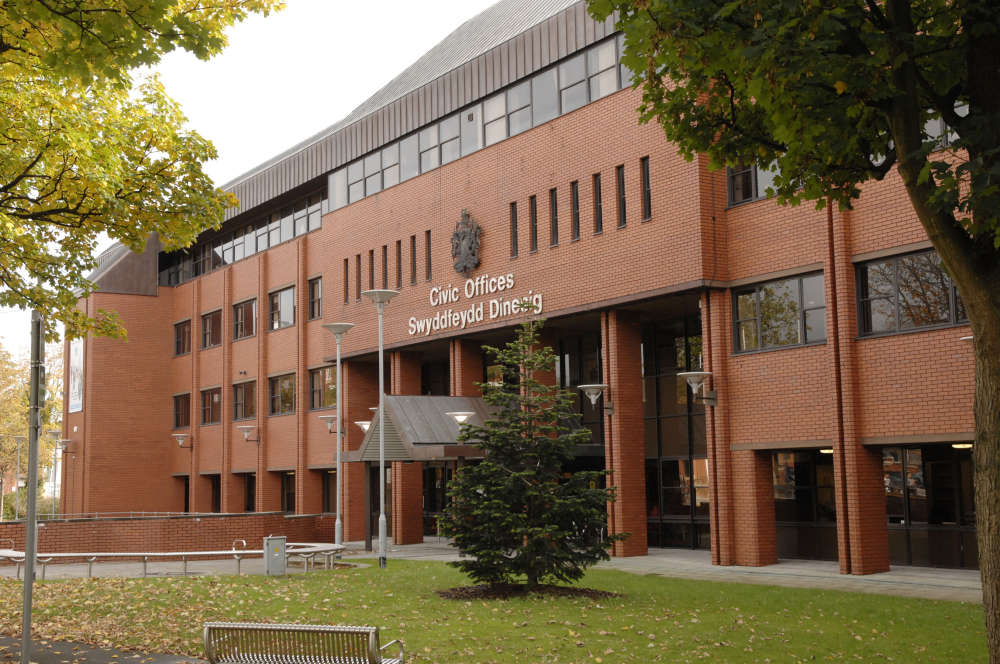 Vale Councillor blasts school funding in the county
Vale Councillor blasts school funding in the county
 Bear Field Skate Park set for major upgrade as part of new Placemaking Plans
Bear Field Skate Park set for major upgrade as part of new Placemaking Plans
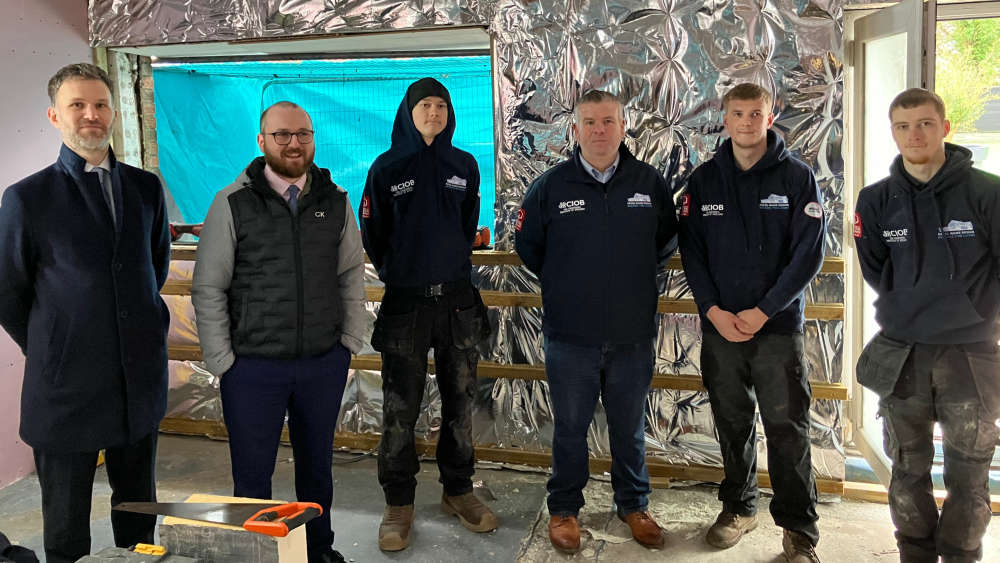 New apprenticeship courses in construction to be introduced in Wales
New apprenticeship courses in construction to be introduced in Wales
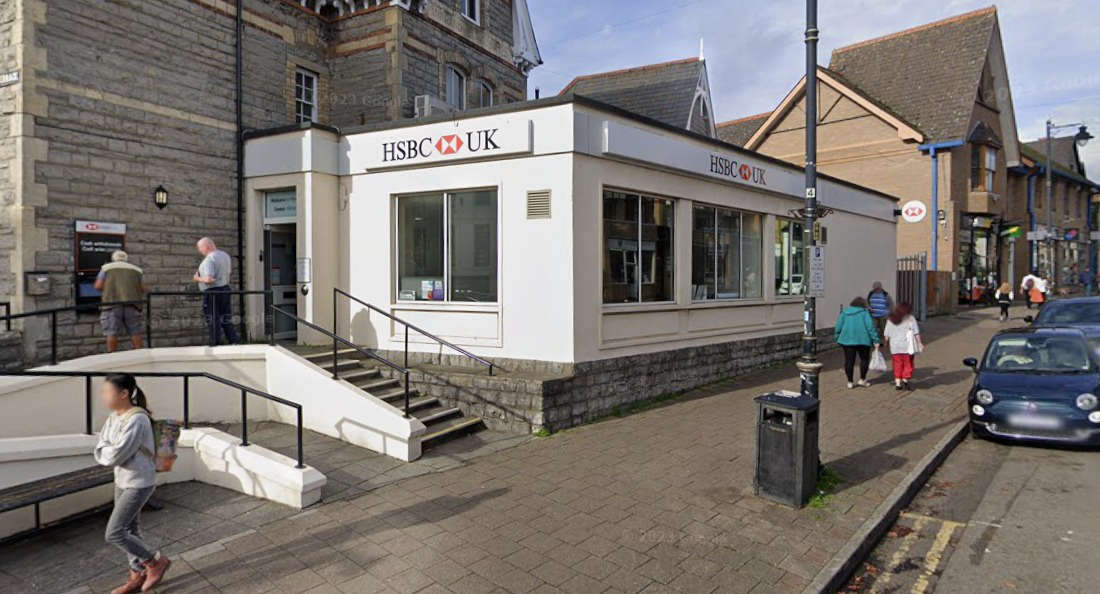 Former Penarth Bank could become a cafe
Former Penarth Bank could become a cafe
 New poll shows majority of Welsh voters lack voting confidence ahead of Senedd Election
New poll shows majority of Welsh voters lack voting confidence ahead of Senedd Election
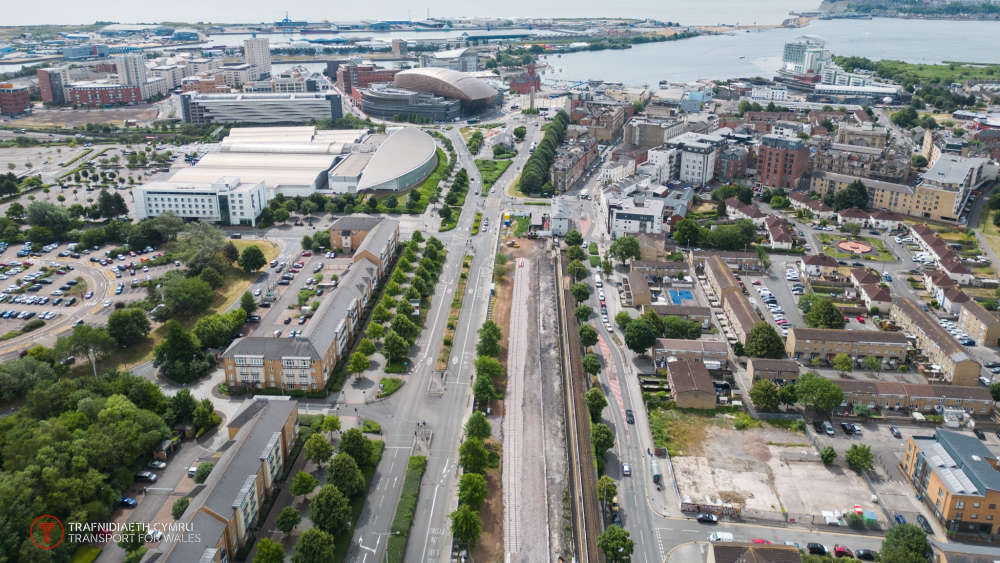 Construction hub secured for rail upgrades
Construction hub secured for rail upgrades
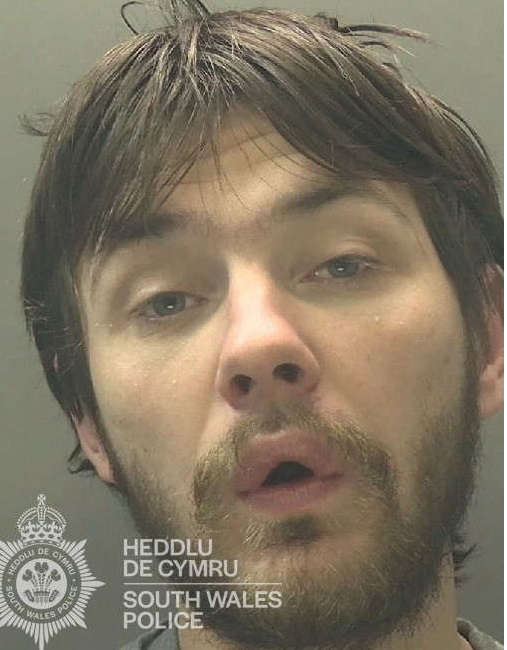 Prolific thief banned from Holton Road
Prolific thief banned from Holton Road
 Cowbridge: plans for more holiday lodges
Cowbridge: plans for more holiday lodges
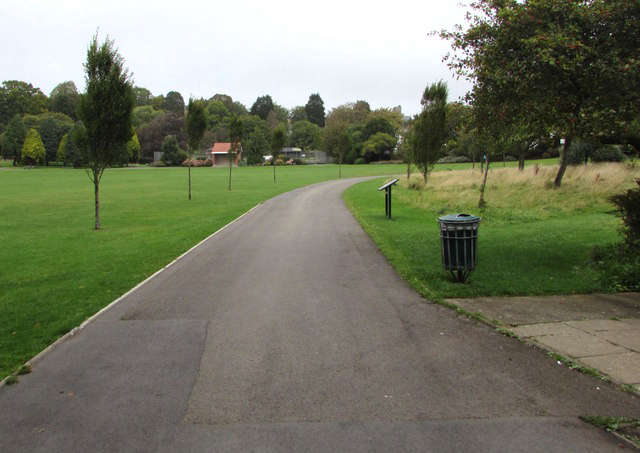 Man dies suddenly in Romilly Park
Man dies suddenly in Romilly Park
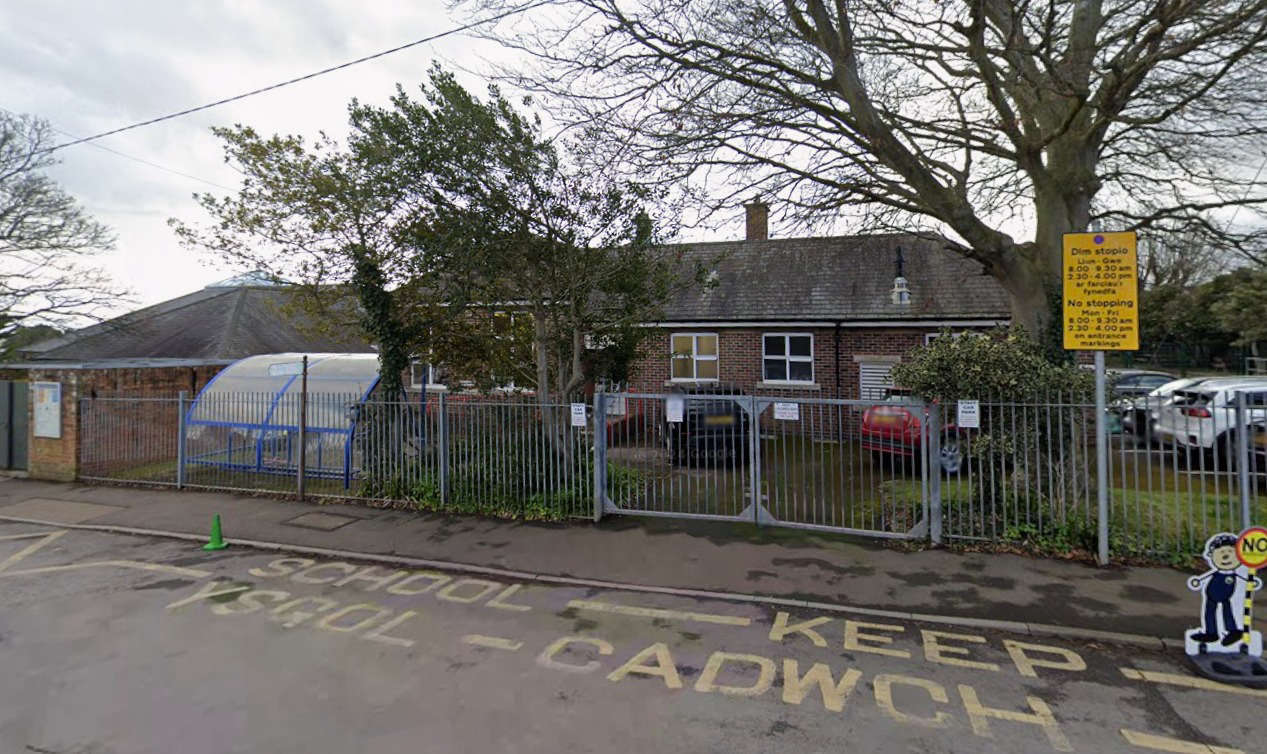 Cash boost for Sully Primary School
Cash boost for Sully Primary School
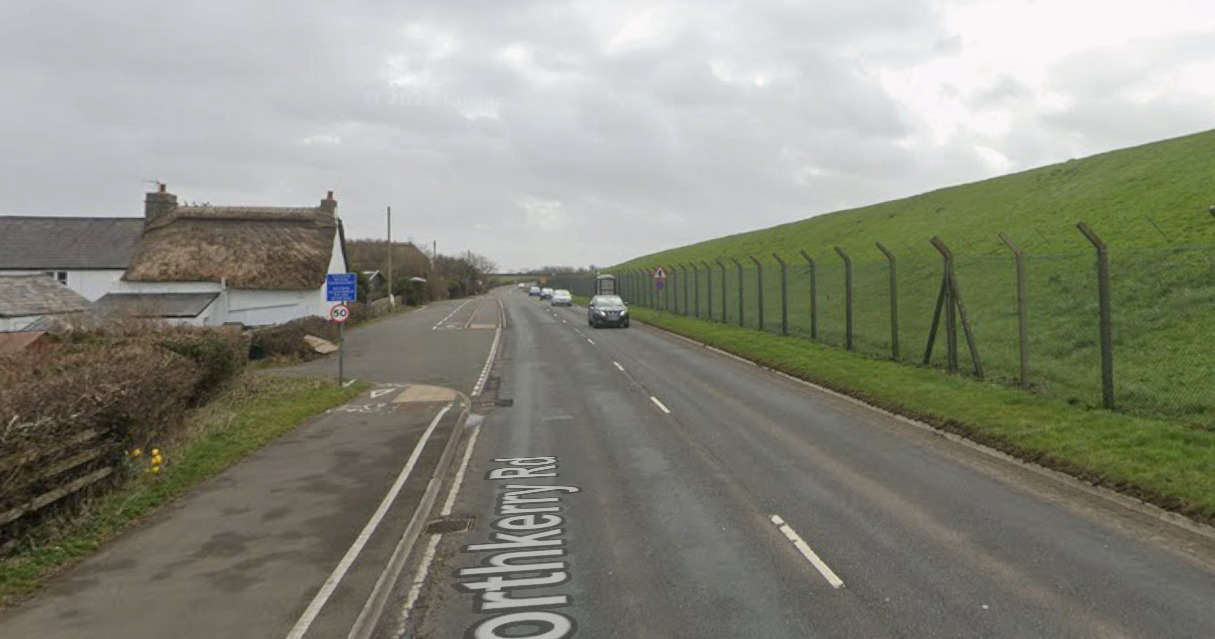 Speed limits reduced despite objections
Speed limits reduced despite objections
 Concern over imported chicken in school meals
Concern over imported chicken in school meals
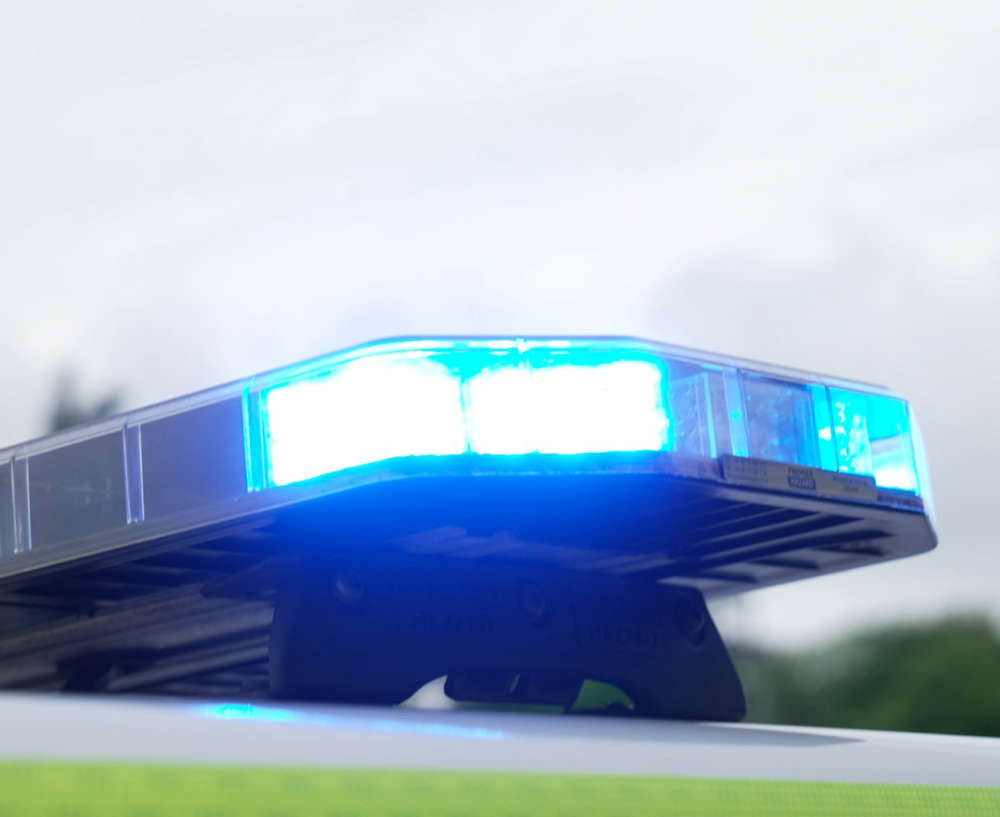 A48 closed after three-vehicle collision
A48 closed after three-vehicle collision
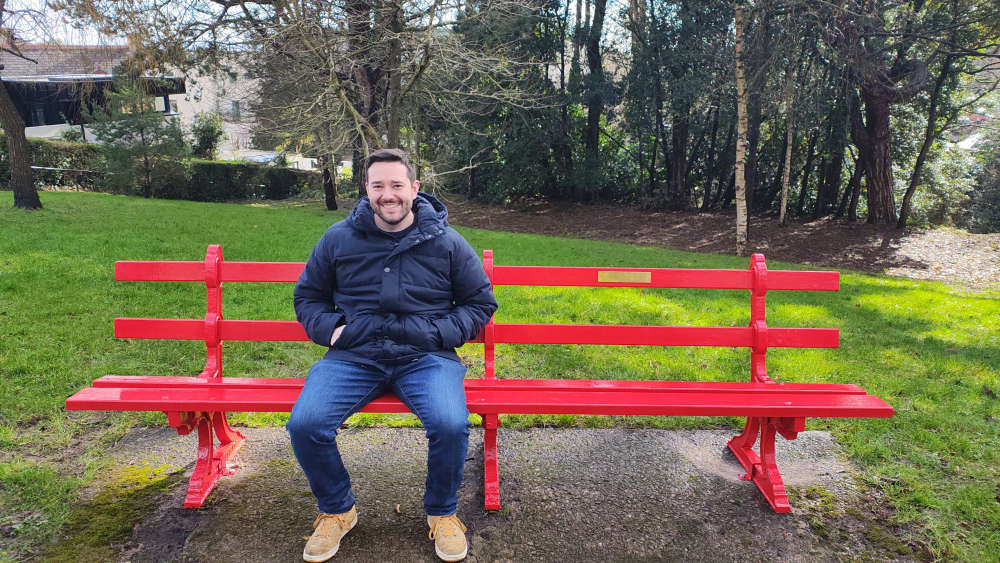 Rhys unveils red bench 'in living memory'
Rhys unveils red bench 'in living memory'
 Barry: plans lodged for 70-home development
Barry: plans lodged for 70-home development
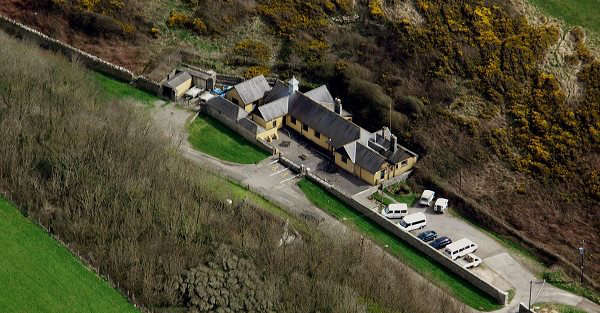 Plans to revamp Heritage Coast centre
Plans to revamp Heritage Coast centre
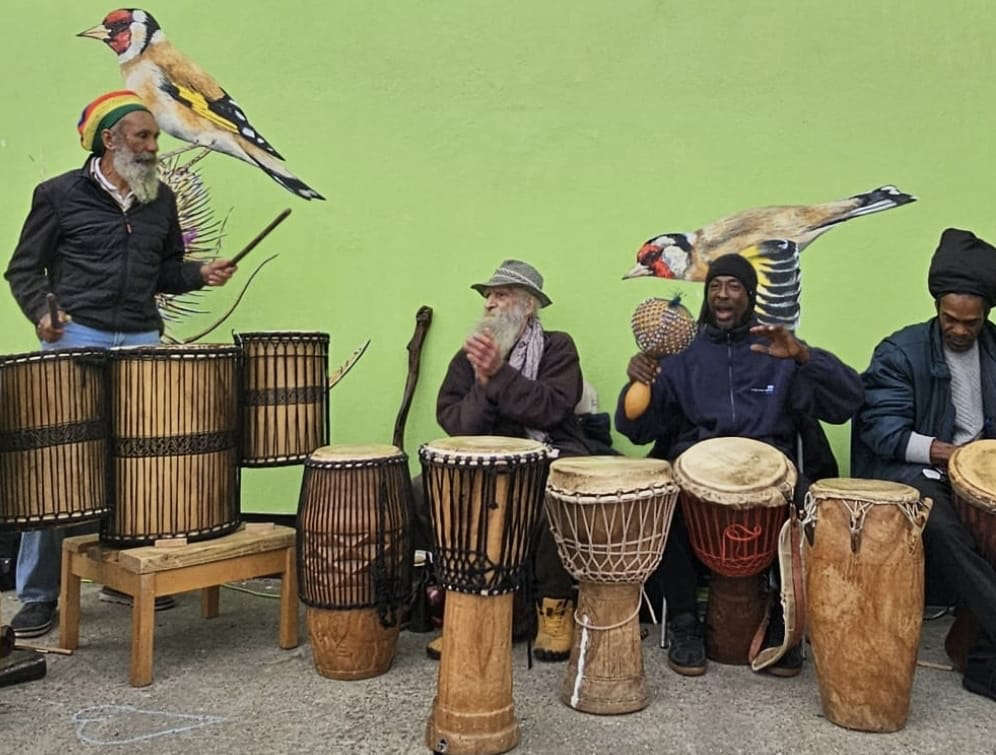 Carnival drummers join pirate opera encore
Carnival drummers join pirate opera encore





